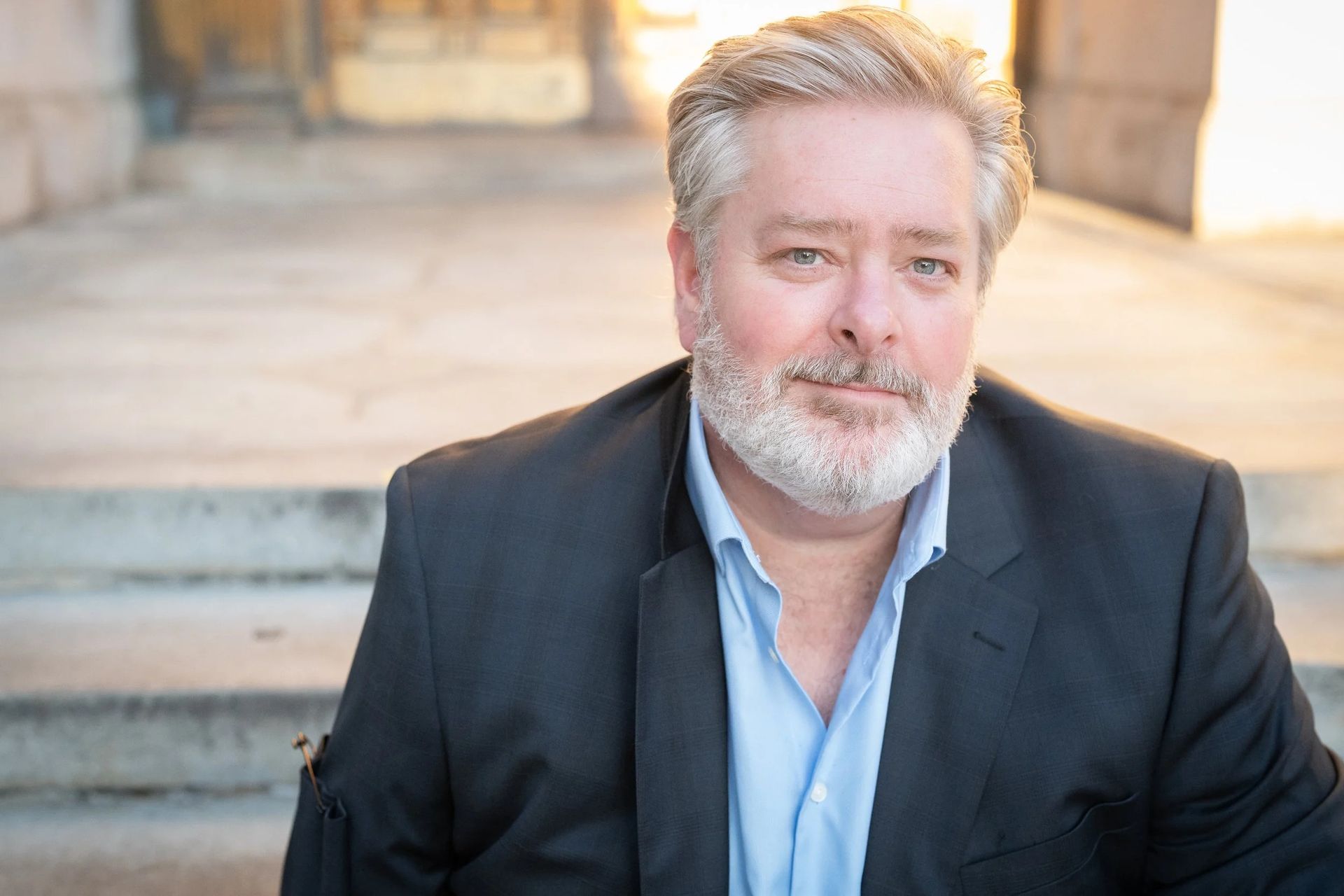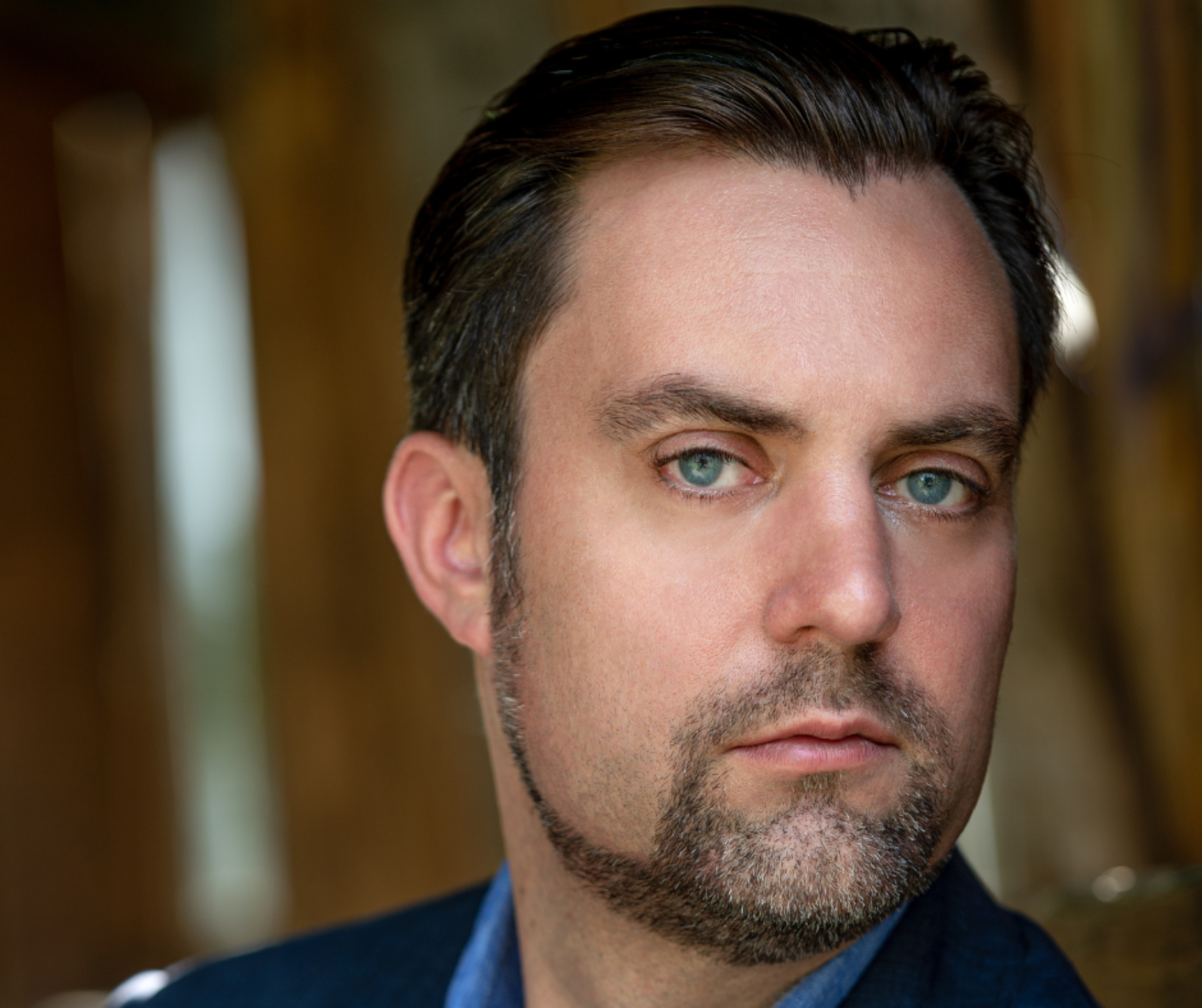THE STORY BEHIND: Saariaho's "Ciel d'hiver"
Share
On January 19 & 20, conductor Ruth Reinhardt and the Rhode Island Philharmonic Orchestra will present ROMEO & JULIET with cellist Zlatomir Fung.

Title:
Ciel d'hiver
Composer:
Kaija Saariaho (1952-2023)
Last time performed by the Rhode Island Philharmonic:
This is a RI Philharmonic Orchestra premiere. This piece is scored for two flutes, piccolo, two oboes, two clarinets, two bassoons, contrabassoon, four horns, two trumpets, trombone, bass trombone, tuba, timpani, harp, piano, celesta and strings.
The Story: Kaija Saariajo was born in Helsinki, Finland. Her initial studies in composition were at the Sibelius Academy. After a brief exposure to serial (12-tone) music at Darmstadt (Germany), she moved to Freiburg to study the “new music” at the Hochschule für Musik. However, she found the teachers’ strict regulations forbidding traditional keys and emphasis on mathematical forms to be stifling to her natural creativity.
During the 1980 Darmstadt Summer Courses, she attended a concert of “spectral” music given by French composers. (“Spectral music uses the acoustic properties of sound–or sound spectra–as a basis for composition,” Julian Anderson, 2001). Saariaho experienced a complete reset of her compositional process. She decided to attend courses in computer music at IRCAM, the computer music institute in Paris, which she began in 1982.
Saariho’s work at IRCAM was varied, involving computer analysis of traditional acoustic sounds, synthesizers, and the transformation of great masses of sound. In some of her work, she collaborated with Jean-Baptiste Barrière, a multi-faceted musician/scientist, whom she married in 1984.
Since that time, Saariaho often favored a combination of electronic music coupled with live performers. This practice has been an extension of both chamber and orchestral repertoires. She also made a significant foray into the operatic field with her multimedia opera,
L’Amour de loin (composed in 2000). It was performed by the Metropolitan Opera (New York) in 2016, making it the second opera by a female composer ever performed there. (The first was in 1902 by a now-forgotten composer.) Saariho wrote two subsequent operas. During her career, she garnered many awards (notably honorary doctorates). Of special interest in the U.S. serious music world was her 2003 Grawemeyer Award for Music Composition. Unfortunately, Kaija Saariajo’s life was cut short in May 2023 by her death due to brain cancer.
“Kaija Saariaho’s
Ciel d’hiver is an arrangement of the second movement of her symphonic piece
Orion
(2002), which was commissioned by Musique Nouvelle en Liberté. The world premiere took place on 7 April 2014 at the Théâtre du Châtelet, Paris, given by Orchestre Lamoureux, conducted by Fayçal Karoui.”
As
Ciel d’hiver opens, the string section and two harps perform a constant atmospheric “bed” of sound supporting snippets of melody (which we shall call Motive A). First a piccolo solo soon joins in a dialogue with the concertmaster (first chair, Violins I). Motive A is taken up by various woodwind instruments. As the strings creep in to offer more snippets of melody, the woodwinds take their place to support, continuing the soft “bed” of sound. Now most of the orchestra is playing, contributing short bits of Motive A, or merely sustaining the music’s atmosphere. A dissonant full-orchestra chord introduces a new musical segment, in which we are frequently reminded of Motive A, alternating with rolling percussive impressions of distant thunder. Now a predominant, sustained flow of music slowly grows in volume, gradually burying brief references to Motive A heard here and there in the orchestra. The music vividly portrays the “feel” of wintry elements such as distant thunder, splashes of cold rain, and erratic wind patterns. This miscellany of sounds and short, repeated melodies (high and delicately percussive) could suggest a soft drizzle emerging from the quasi-chaos. As the music approaches its ending, even this is softly consumed.
Program Notes by Dr. Michael Fink © 2023 ALL RIGHTS RESERVED
Tickets start at $20! Click HERE or call 401-248-7000 to purchase today!







